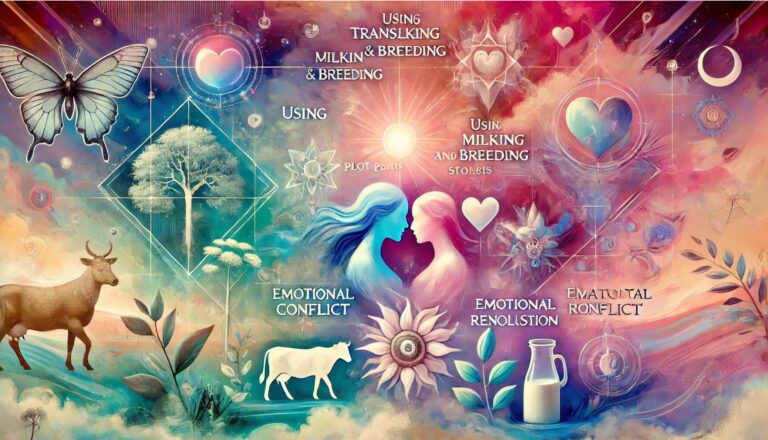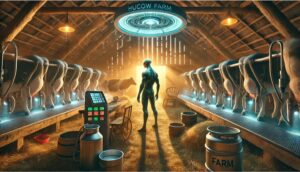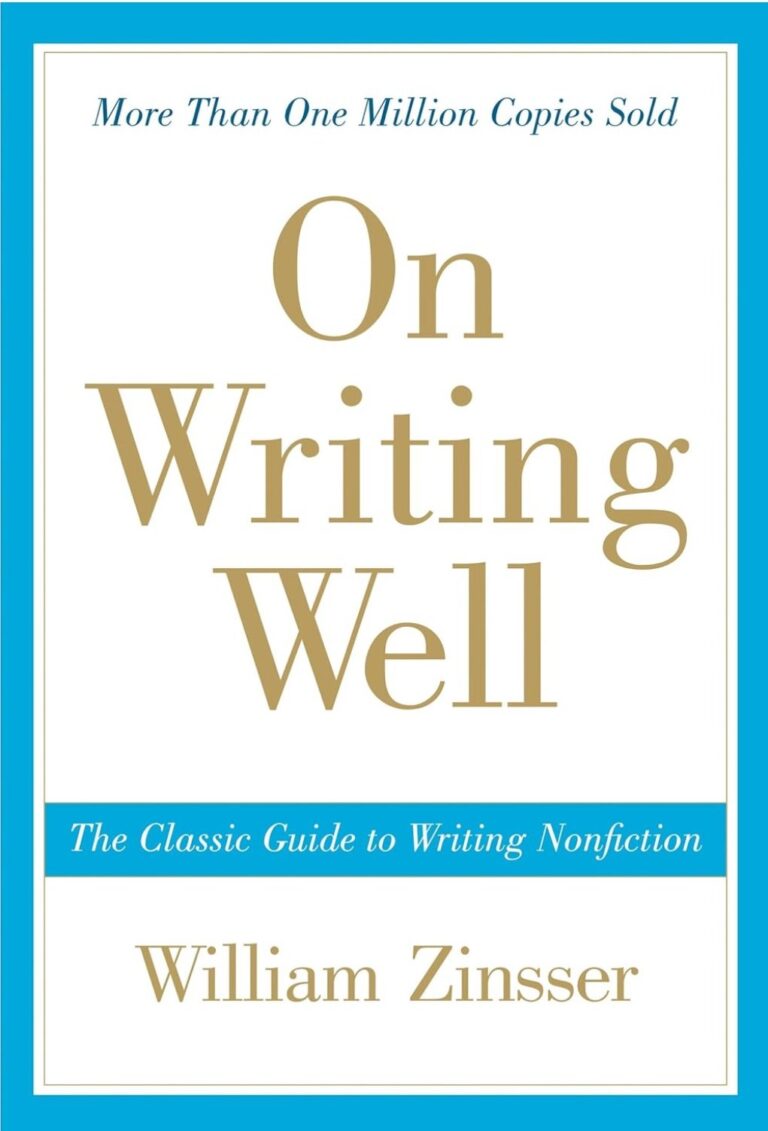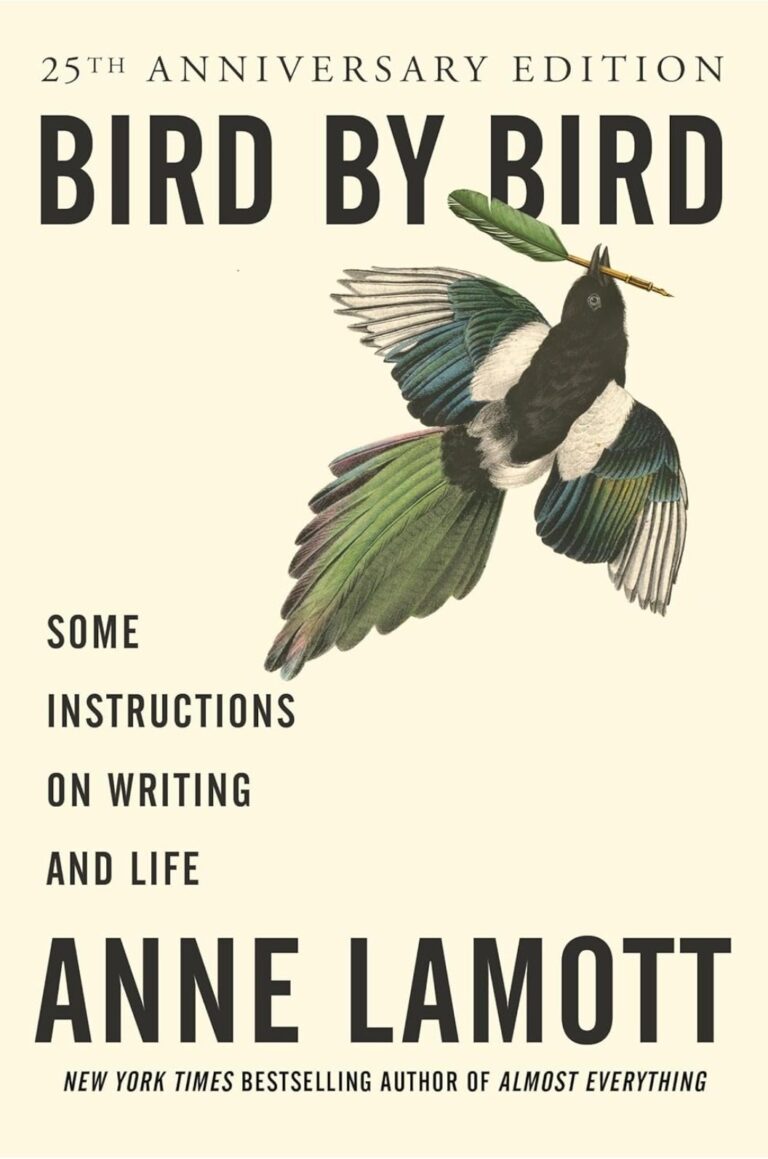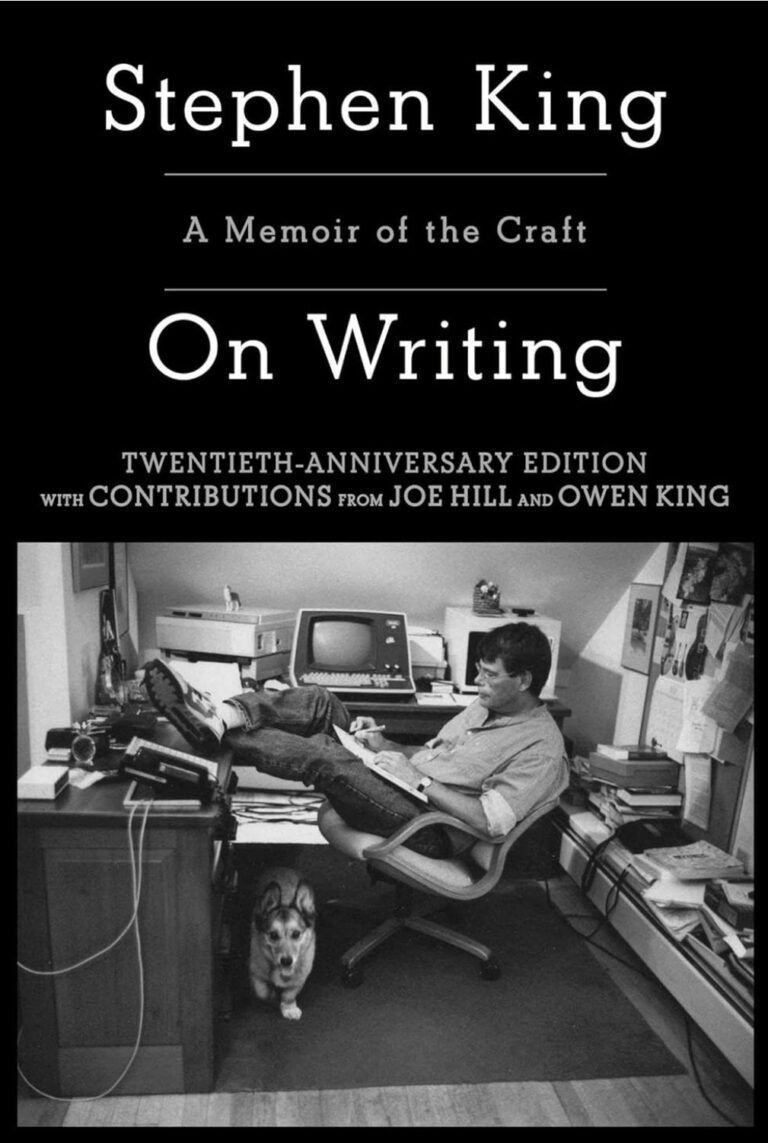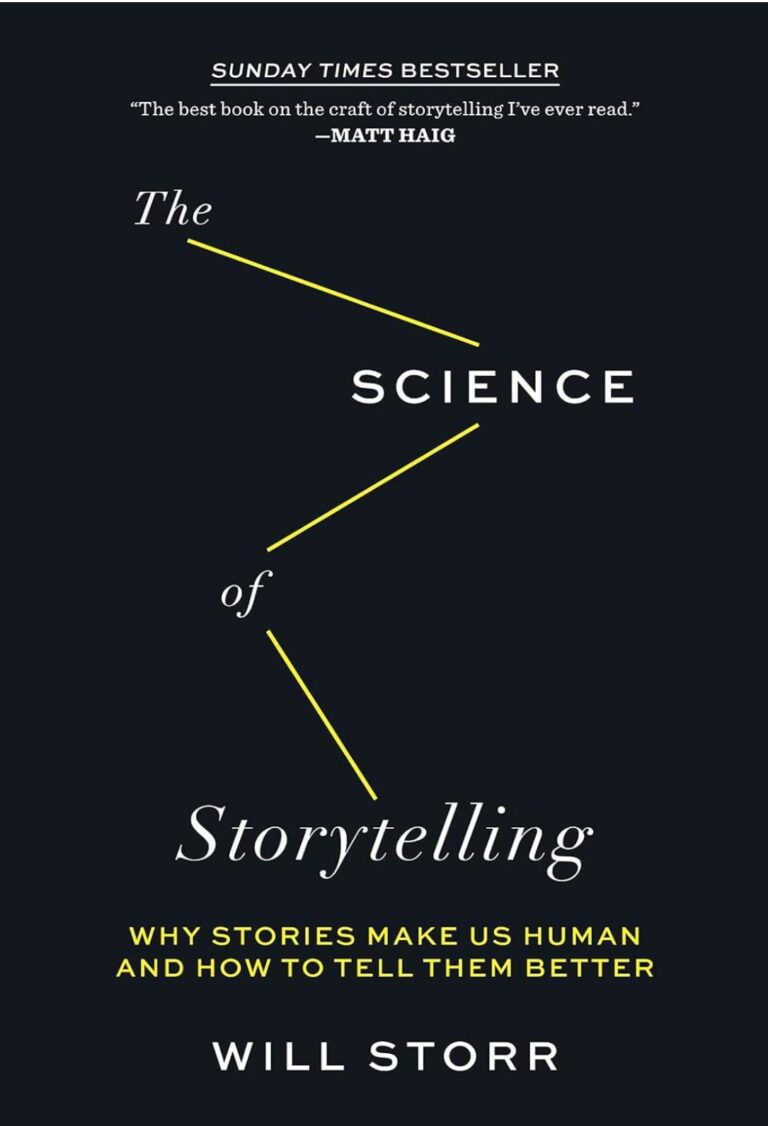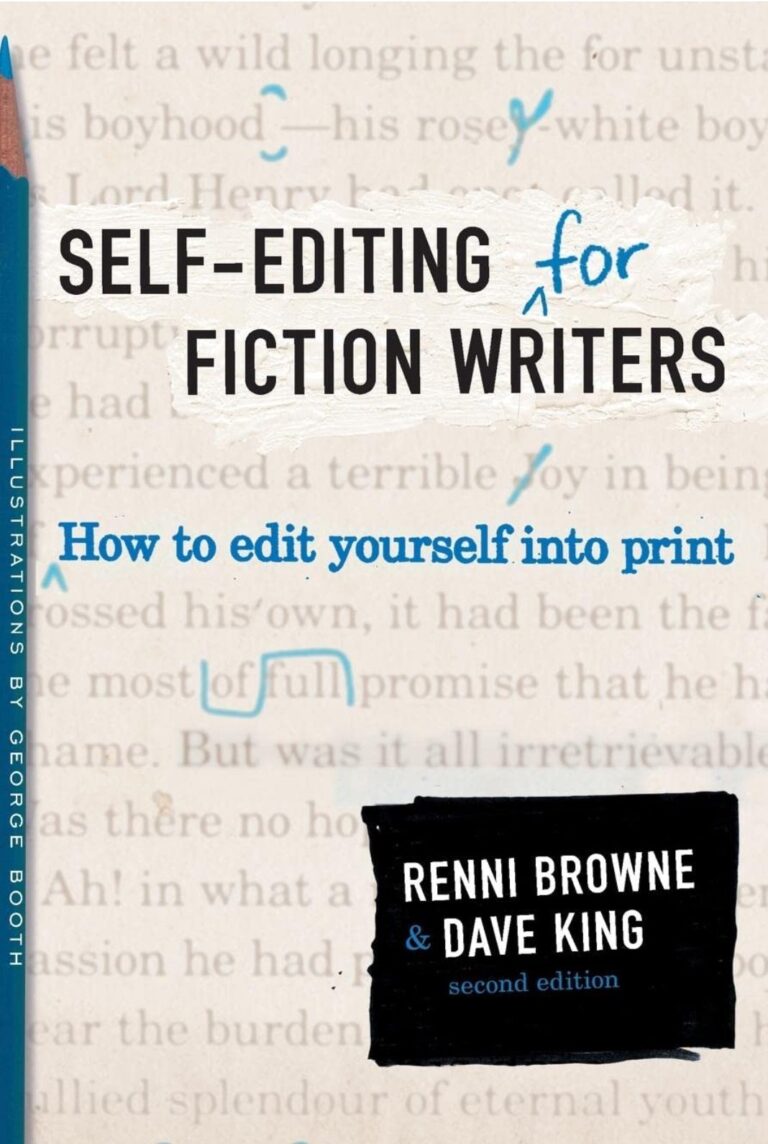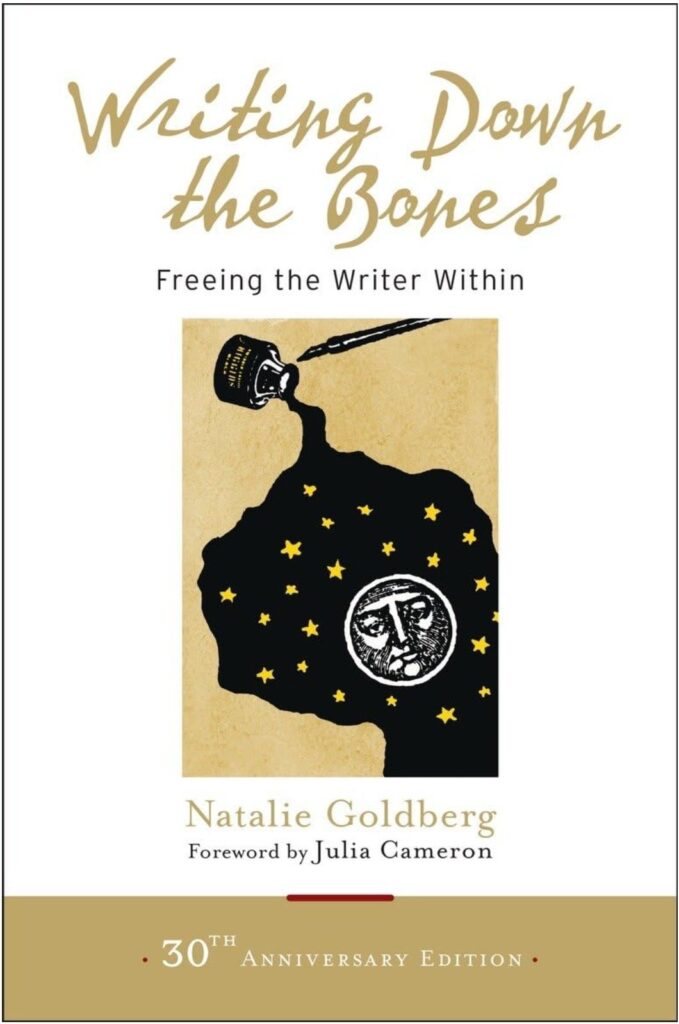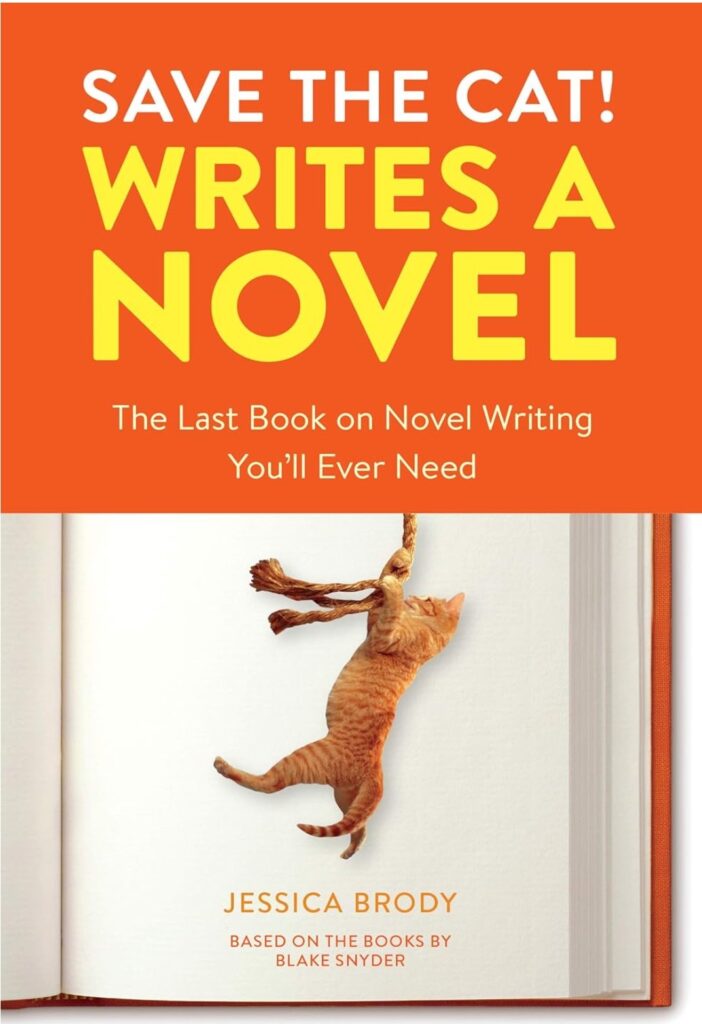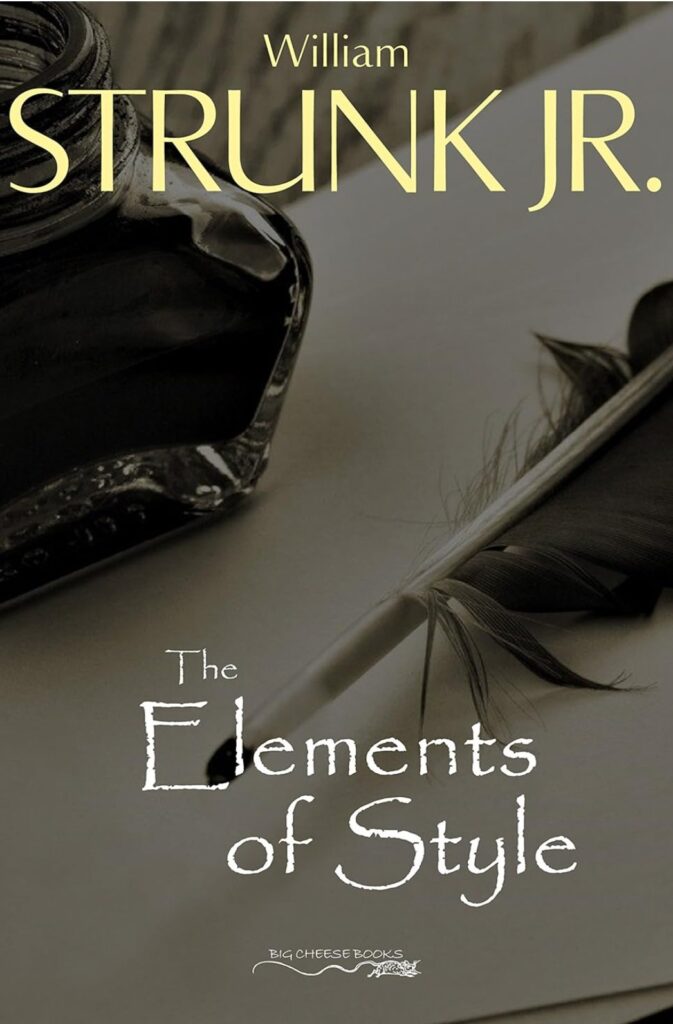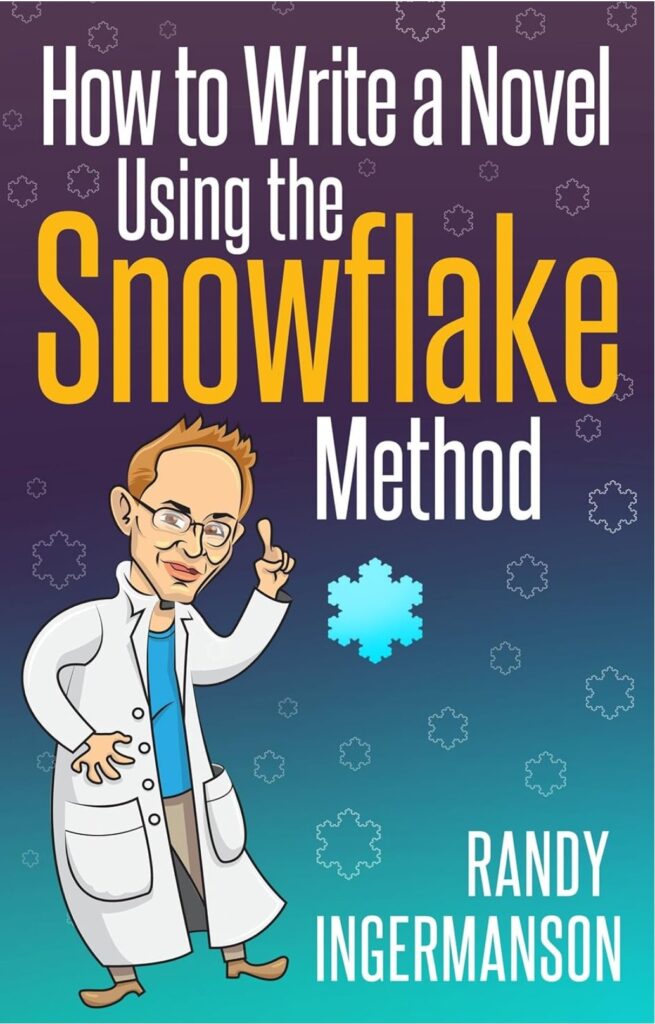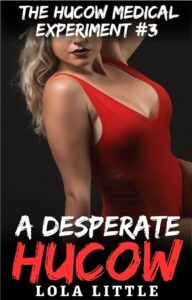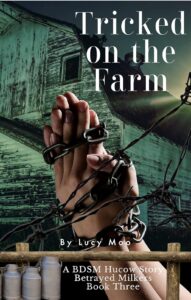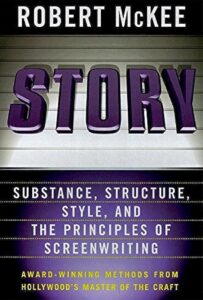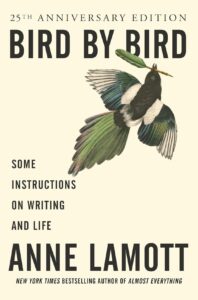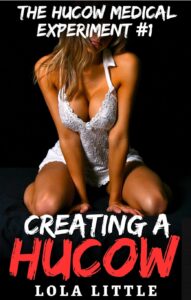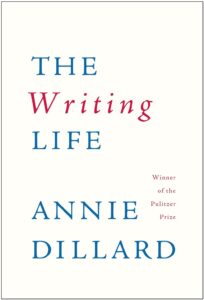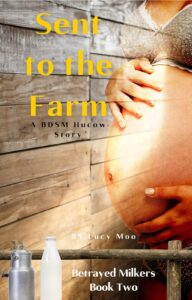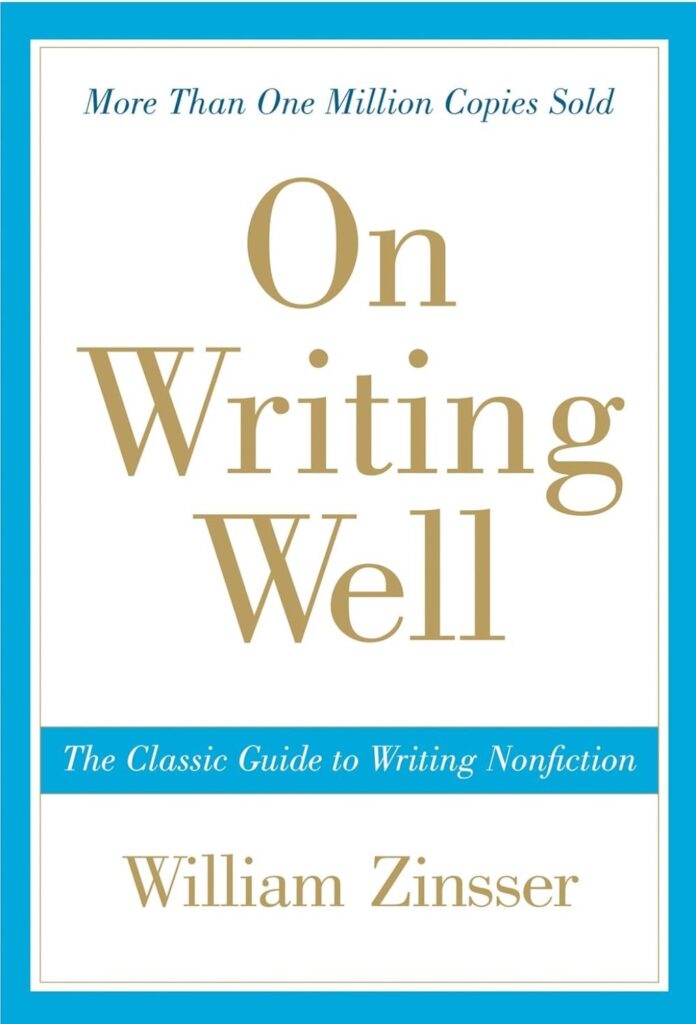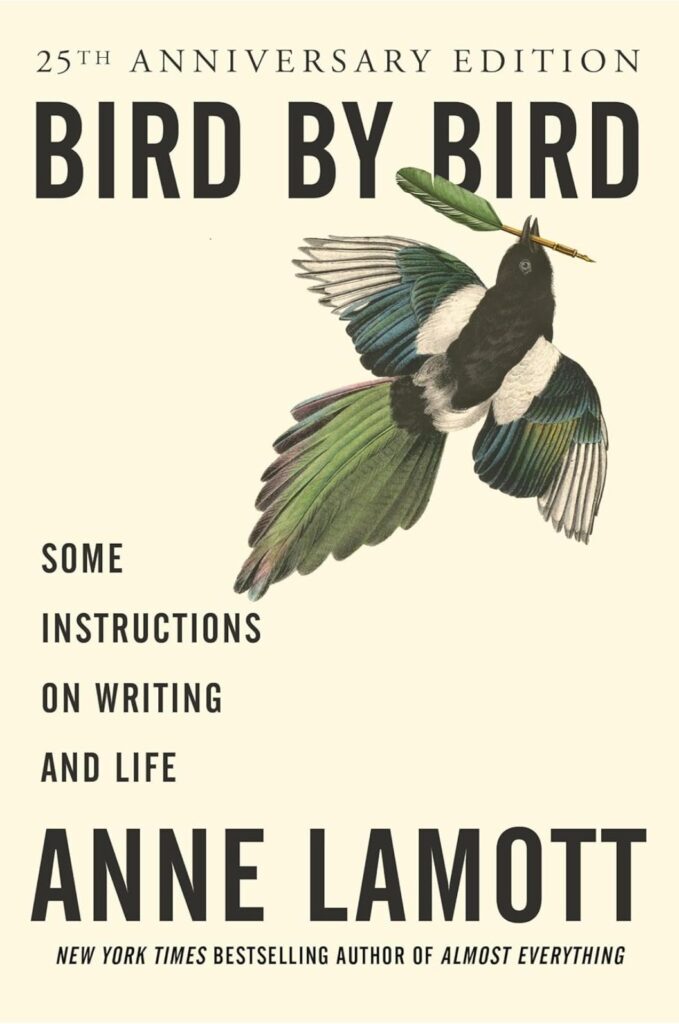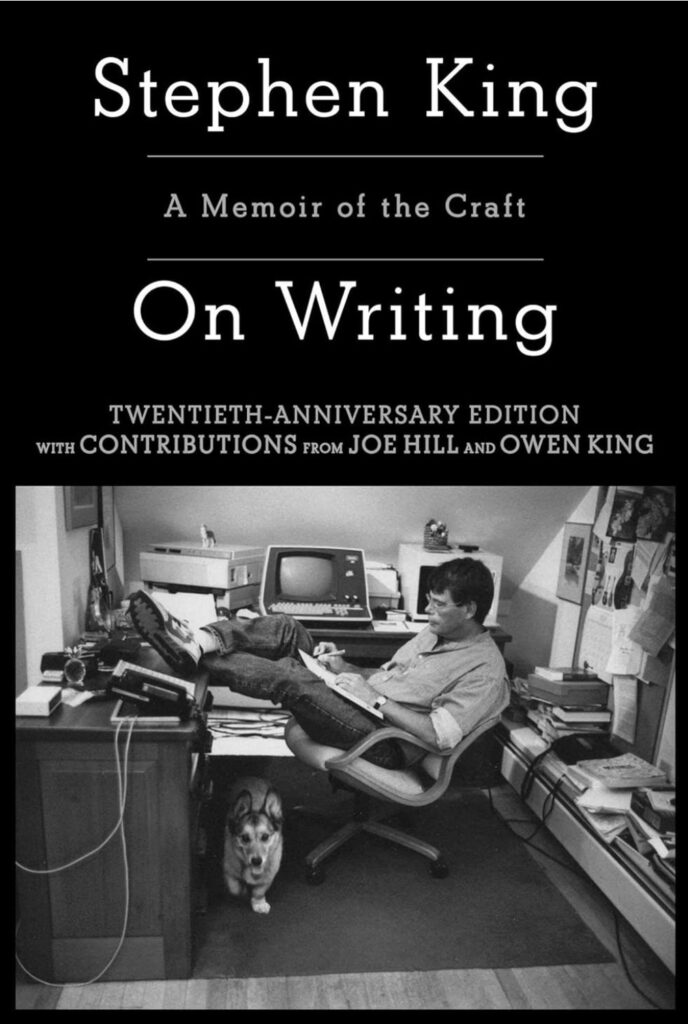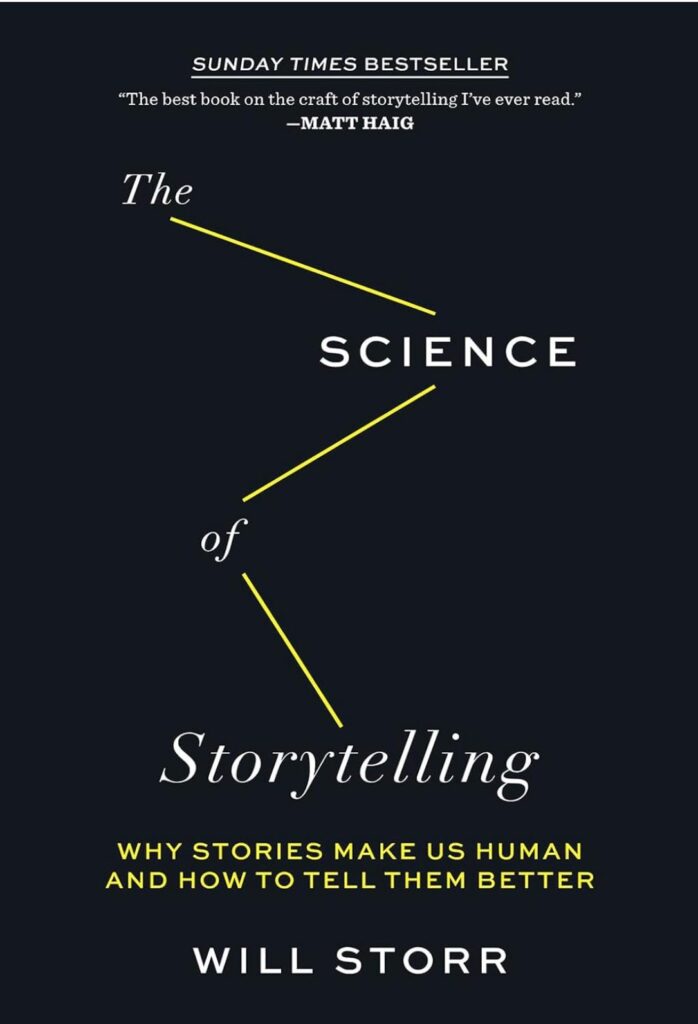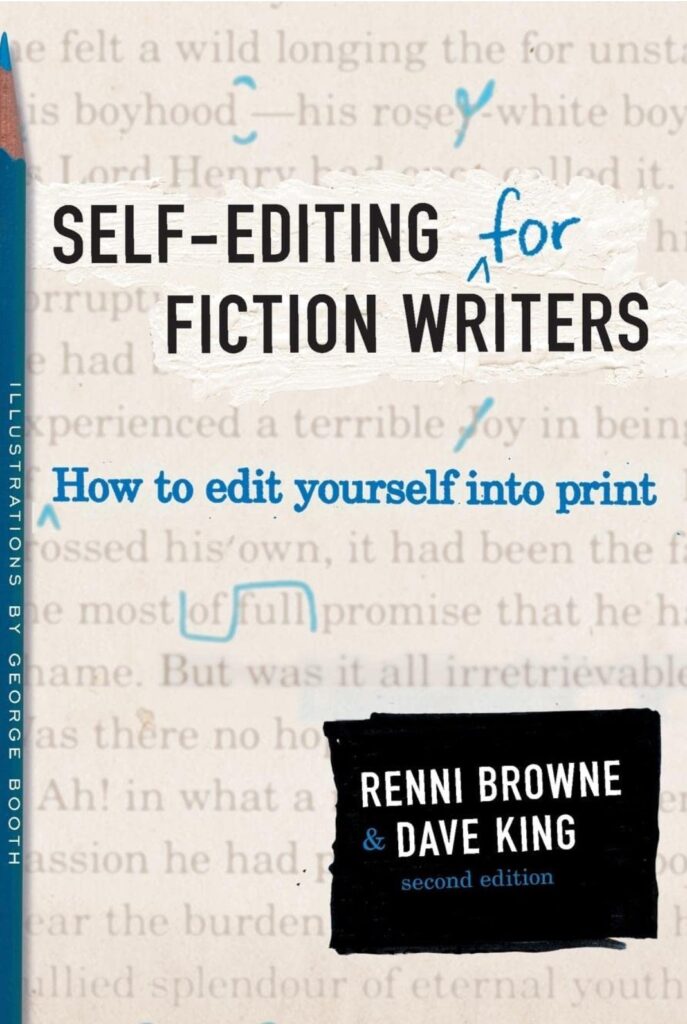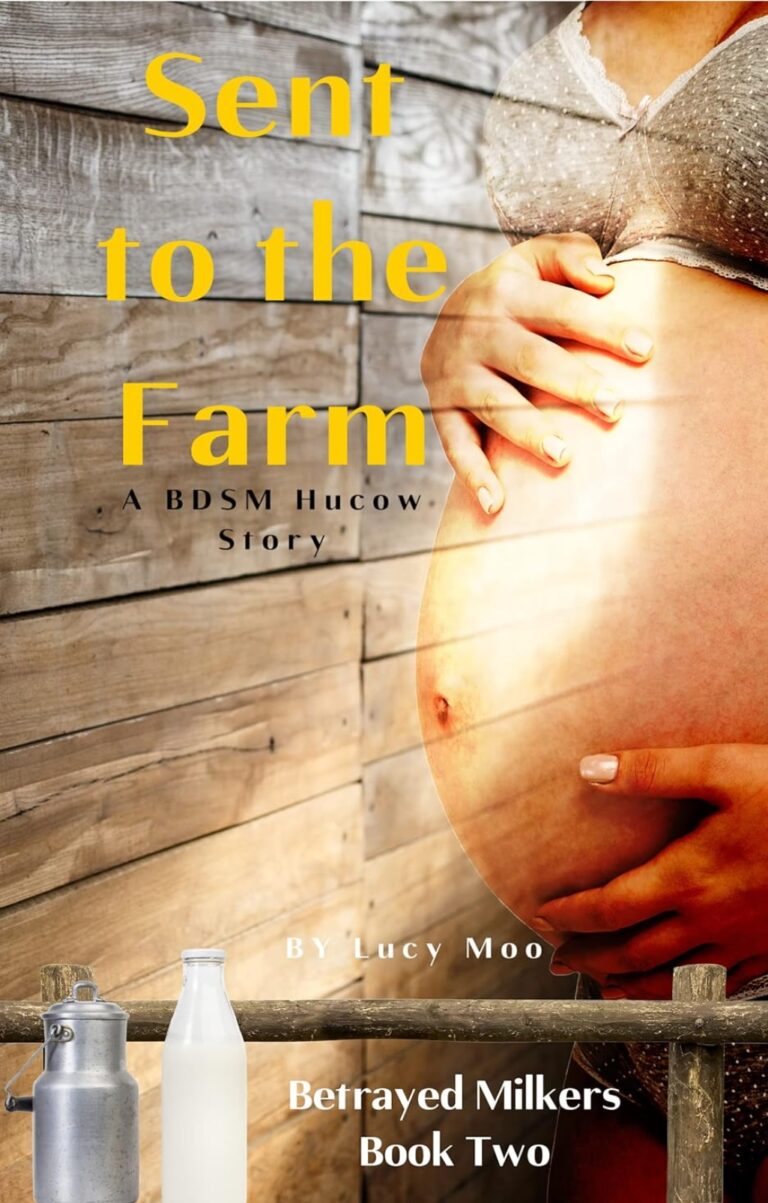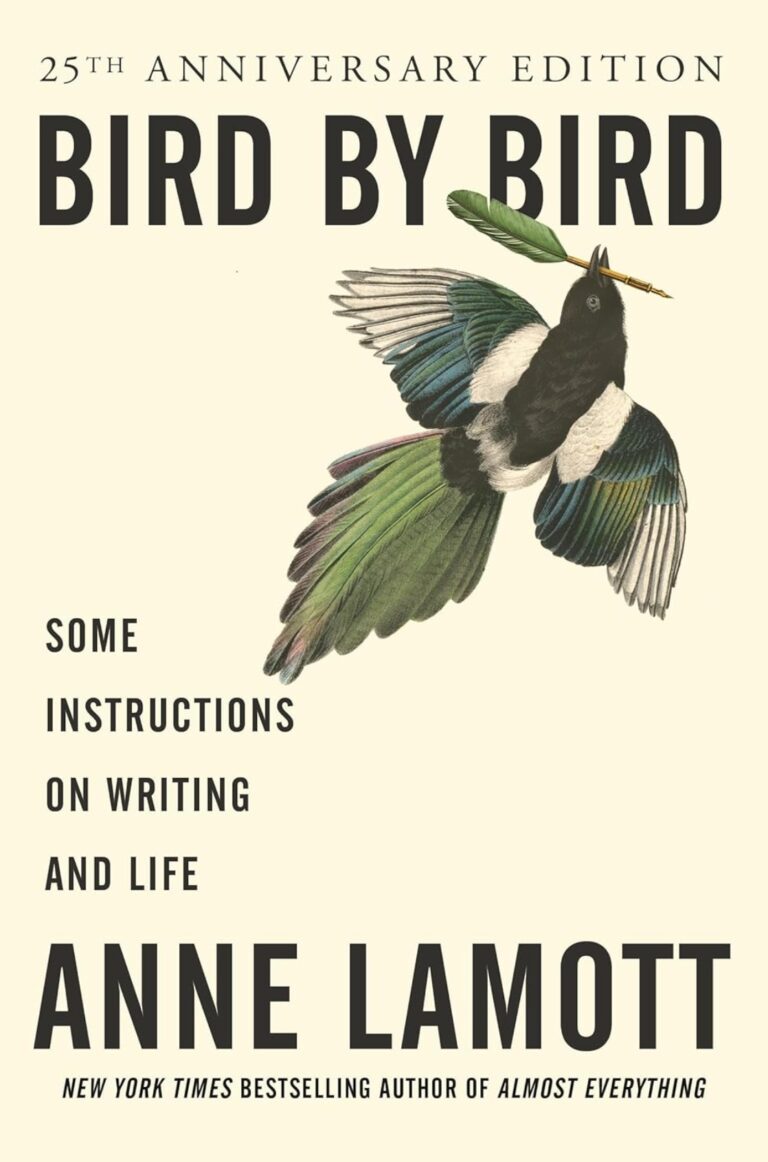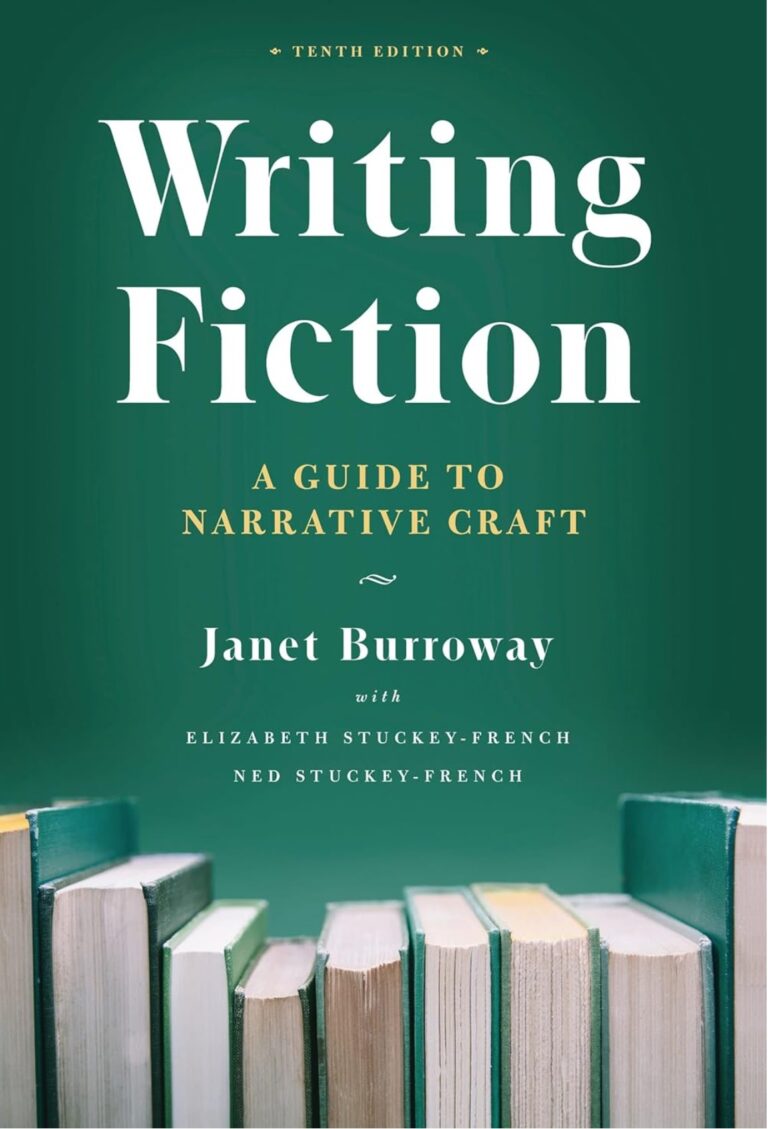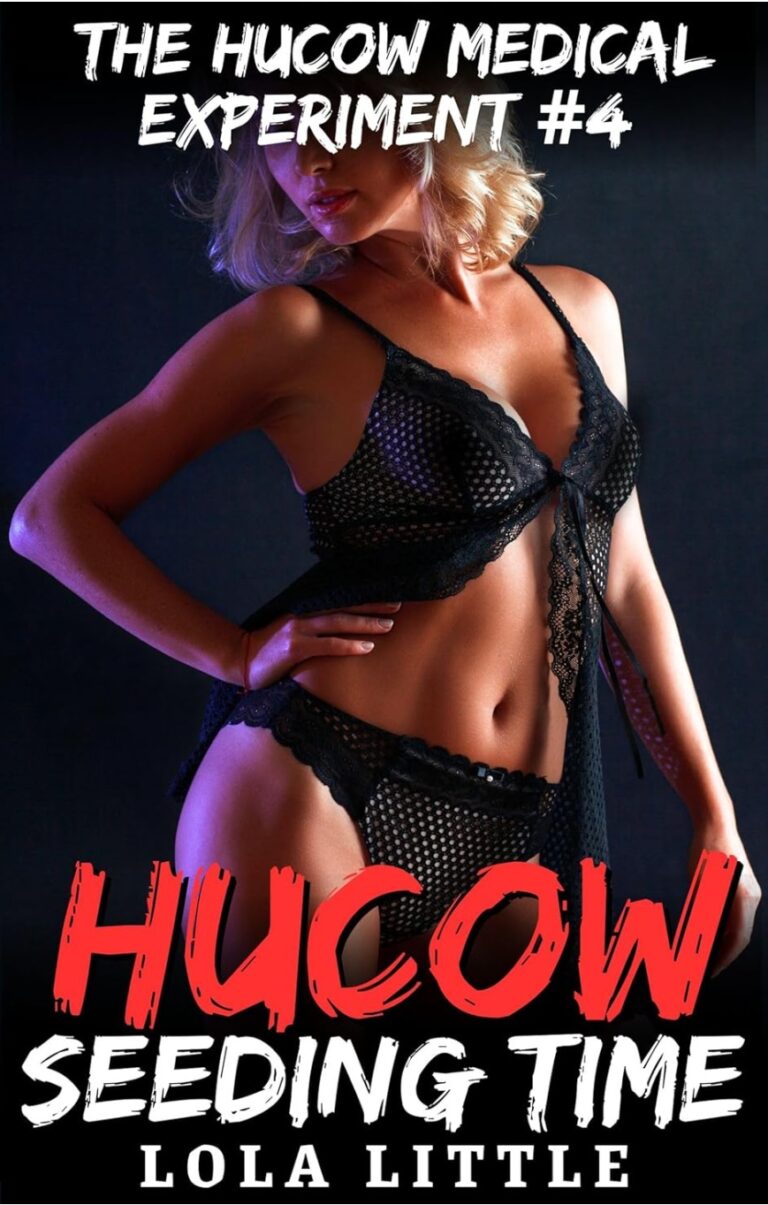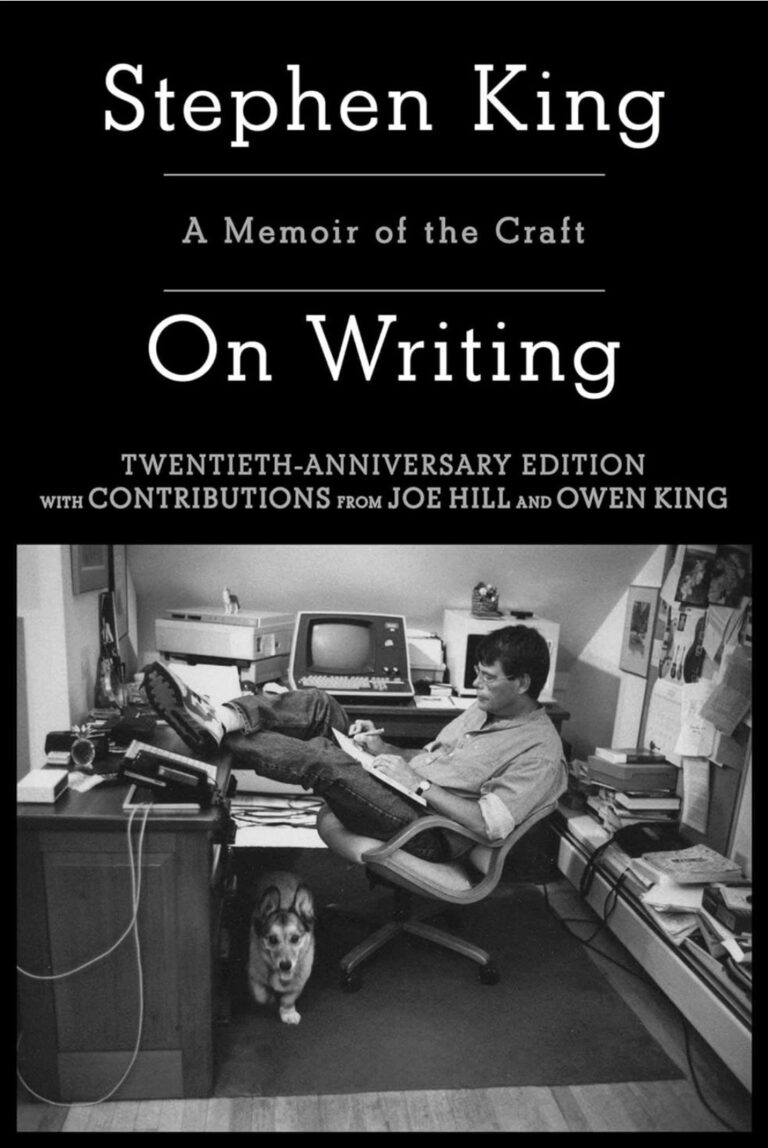When it comes to writing Hucow stories, one thing I always find fascinating is how integral milking and breeding can become to the plot. These aren’t just random occurrences sprinkled into the narrative. Instead, they can be key driving forces that deepen both the characters and the emotional journey.
Over the years, as a Hucow author, I’ve realized that it’s all about finding the right balance. By doing so, these elements not only become more powerful but also connect deeply with the readers.
In this post, I’ll take you through how you can use milking and breeding as major plot points in your Hucow stories. I’ll share some practical advice, tips from my own experiences, and a few suggestions on how to keep these plot points exciting and fresh.
Table of Contents
ToggleThe Emotional and Physical Transformation
In a Hucow story, transformation plays a major role, especially when it comes to milking and breeding. You can write the transformation as both a physical and emotional journey for the heroine. Maybe she’s resistant at first, unsure of her new body’s abilities or changes. But as the story progresses, she comes to accept and even embrace these transformations, finding strength in them.
Linking the Physical to the Emotional
In a story I once wrote, I made sure that the first milking scene wasn’t just about the act itself but the heroine’s internal struggle. She wasn’t ready to accept her new identity, and the tension built around her physical reaction reflected her emotional journey. This can be an incredibly effective way to show character growth.
Building Tension Through Breeding
Breeding is another powerful plot point that can symbolize more than just physical transformation. It can represent surrender, desire, or even empowerment. By linking these deeper emotional needs to the breeding act, you can make it a major turning point for your heroine. It can symbolize a key moment where she either submits to her desires or takes control of them.
Pacing Milking and Breeding Scenes
The pacing of milking and breeding scenes is crucial. You don’t want to overload the story with them, but neither should they be so scarce that readers lose interest. You need to weave them into the plot naturally, so they feel like a core part of the narrative rather than something tacked on for the sake of eroticism.
Balancing Emotional Payoff and Erotic Satisfaction
In one Hucow novella I wrote, I spaced out the milking scenes to ensure each one had a new layer of emotional depth. By doing this, I built anticipation. The readers knew a milking scene was coming, but they didn’t know how the heroine would respond to it emotionally. Each scene built on the last, which kept the tension high and ensured that both the emotional and erotic payoff was satisfying.
Letting Breeding Scenes Serve Multiple Purposes
Breeding scenes can do so much more than just offer erotic content. They can push the plot forward, intensify the relationship between the heroine and the alpha male, and even resolve or create new conflicts. In a Hucow story, you can have a breeding scene lead to an emotional confession, a moment of intense vulnerability, or a sudden realization that shifts the character dynamics.
Power Dynamics and Consent
The power dynamics in Hucow stories often revolve around dominance and submission. The heroine may be placed in a submissive role during milking and breeding scenes, but it’s important to make sure that these moments never feel exploitative. Readers want to see consent and mutual desire.
Crafting Dominance Without Losing Respect
In a Hucow story you can show the alpha male as dominant but caring, ensuring that the heroine’s boundaries are respected. I always make sure to emphasize that, even when the heroine is yielding physically, there’s a deeper emotional connection between her and the alpha male that makes the act consensual and meaningful.
Empower the Heroine Through Submission
Submission can often be empowering. While this may seem contradictory, it’s actually one of the most fascinating dynamics in Hucow stories. In a story I wrote recently, I framed the breeding act as the heroine’s way of embracing her new identity fully. While she was “submitting” in a physical sense, emotionally, she was making a choice to accept her desires and needs, which empowered her. This made the scene rich with emotional and erotic tension.
Creating Conflict Around Milking and Breeding
Conflict is essential in keeping the story engaging. In a Hucow story, you can use milking and breeding as both sources of internal and external conflict. Maybe the heroine struggles to accept her new role, or perhaps external forces threaten the relationship between her and the alpha male.
Using Internal Conflict
For example, in a Hucow story I once wrote, the heroine was conflicted about her desires. She couldn’t reconcile her old self with this new version of herself that craved both milking and breeding. This internal conflict drove much of the plot, as she constantly tried to resist her new urges. But the resolution of this conflict—when she finally gave in—was all the more satisfying because of the buildup.
Incorporating External Conflict
External conflict can come in many forms—perhaps a rival wants to take control of the heroine, or maybe there are societal rules that forbid her relationship with the alpha male. In one of my stories, the heroine was being pursued by a rival alpha, which added layers of tension to every milking and breeding scene. The stakes were always high, and this kept the readers invested.
Keeping the Plot Fresh and Exciting
One challenge I’ve faced as a Hucow author is keeping the milking and breeding scenes fresh. After all, these scenes are integral to the genre, but if they feel repetitive, they lose their impact. It’s important to find ways to make each scene unique.
Introducing New Sensations
In a Hucow story you can write each milking scene with new sensations. Maybe the first time is filled with hesitation and uncertainty, but as the heroine grows more comfortable, the milking becomes more intense, pleasurable, and emotionally satisfying. Describing different sensations, from pain to pleasure, can keep the reader engaged.
Varying the Emotional Reactions
In one of my stories, I made sure that the heroine’s emotional response evolved over time. At first, she felt fear and anxiety, but later, as she became more comfortable, her emotional reaction shifted to excitement and desire. By varying her responses, I kept the scenes from becoming repetitive.
Bringing the Plot Full Circle
Milking and breeding can be used to tie up plotlines and bring the story full circle. These moments of physical surrender can often symbolize emotional or psychological closure, making them powerful tools in the narrative.
Ending with Emotional Resolution
In one story, I had the final breeding scene symbolize the heroine’s acceptance of her new life. It wasn’t just about the act itself—it was about her emotional journey and the relationship she had built with the alpha male. Bringing the plot full circle in this way can give the story a satisfying conclusion that resonates with readers.
Incorporating Happy Endings
In Hucow stories, readers often expect a happily-ever-after, and milking or breeding scenes can serve as that final emotional and physical payoff. Use them as the ultimate resolution to your characters’ arcs, ensuring that both the emotional and erotic threads come together beautifully.
Conclusion
In conclusion, using milking and breeding as major plot points in Hucow stories allows for a deep exploration of themes such as transformation, power dynamics, and emotional growth. These elements, when written with care, can create rich, engaging narratives that resonate deeply with readers.
As an author, it’s crucial to balance these erotic themes with strong character development and an overarching plot that drives the story forward. By weaving milking and breeding into the core of your plot, you can keep readers emotionally invested while also satisfying the sensual and fantasy-driven aspects they crave.
Remember, the key to making these plot points successful is to keep them integral to the story rather than simply adding them for shock value. Always tie these moments back to the characters’ journeys, whether it’s about their emotional growth, bonding with others, or overcoming internal and external obstacles.
In doing so, you ensure that your Hucow stories remain captivating, providing readers with both emotional depth and the erotic tension that defines the genre.
References
Writing Power Dynamics in Erotica – Learn how to balance dominance and care in erotic stories.
Transformation Arcs in Hucow Stories – Explore how transformation fuels character growth in Hucow fiction.
Breeding Fantasies in Erotic Romance – A deep dive into the appeal of breeding tropes in romance.
Writing Intimacy in Erotica – How to craft intimate scenes that are emotionally resonant.
Navigating Boundaries in Niche Erotica – A guide to pushing boundaries while keeping readers comfortable.
Crafting Alpha Males with Heart – How to create dominant characters who are both strong and caring.
Lactation as Sensuality in Erotica – Tips on writing sensual and intimate lactation scenes.
Building Emotional Bonds in Erotic Fiction – Strengthening relationships between characters in erotica.

